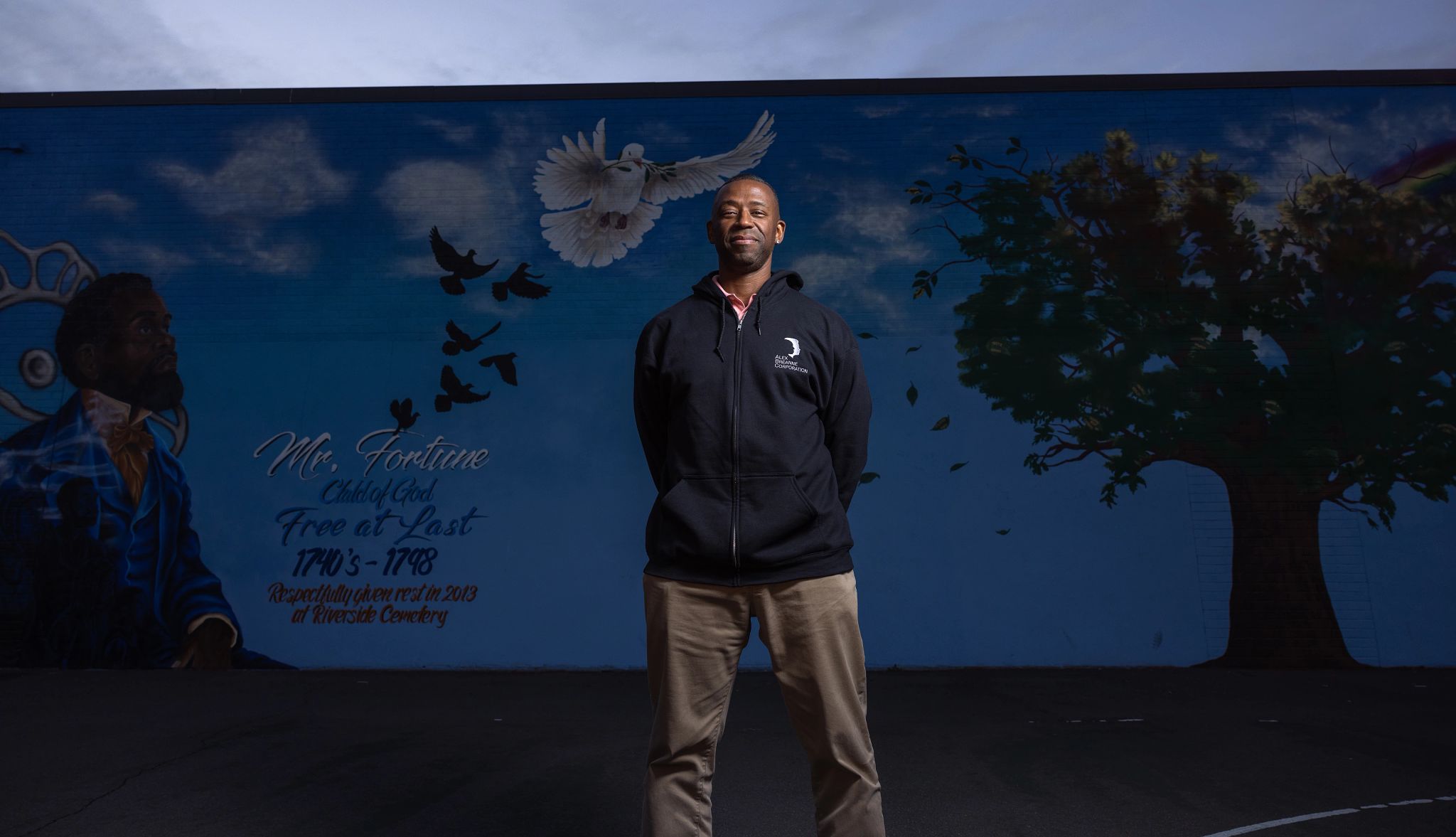
- Select a language for the TTS:
- UK English Female
- UK English Male
- US English Female
- US English Male
- Australian Female
- Australian Male
- Language selected: (auto detect) - EN
Play all audios:
It’s not just that this election is taking place in bleak midwinter; it has to be the most dismal campaign in recent memory too. Look at the contenders to become Britain’s next prime
minister. The incumbent, Boris Johnson, will not say openly how many children he’s fathered and is too afraid to go on TV to speak to Andrew Neil. His nearest challenger, Jeremy Corbyn,
struggles to rebuff allegations of anti-Semitism. As a result, the campaign has been deeply personalised, and has focused on the candidates’ flaws, rather than their ideas. If there were a
credible third party on the ballot paper, it would have a golden opportunity. But, the Lib Dems alienated even enthusiastic Remainers by pledging to revoke Article 50 rather than hold a
second referendum and Jo Swinson becomes less popular the more media coverage she receives. The Brexit Party, which promised a “political revolution” at the launch of its manifesto, now
looks more likely to become a pub quiz answer than a force at Westminster. It is buffeted by defections and infighting. This grim picture is reflected in polls, which show a lack of
enthusiasm for all the parties and their leaders. Yesterday, Ipsos MORI published a survey suggesting that the Tories had convinced more Britons they were conducting a “good campaign” than
the other parties, but the numbers were hardly impressive. Thirty one per cent of respondents thought the Conservatives were doing well, while only 23 per cent had positive feelings about
Labour’s efforts. The Liberal Democrats and the Brexit Party achieved 17 per cent and 16 per cent respectively. Boris Johnson enjoys better favourability scores than his opponents (33 per
cent), but his unfavourability scores are even higher (47 per cent). Jeremy Corbyn is the most disliked leader, with 60 per cent of respondents saying they look on him unfavourably, while 43
per cent regard him very unfavourably. It’s difficult to believe that scarcely two years ago the Labour leader was at the heart of a burgeoning, self-mythologising cult. His apparent
aptitude for campaigning, and a better-than-expected election result in 2017, led to a summer of “ohh Jeremy Corbyn” chants that continued into party conference season. His most enthusiastic
followers claimed moral victory on the basis of winning nearly one million fewer votes and almost 100 fewer seats than the Tories. Now Corbyn is an embattled figure. His supporters argue
that his campaign has been undermined by biased media coverage. There are other, more rational, explanations. In 2017, a surge of pro-EU voters backed Labour, when the Tories pledged to
leave the single market and customs union. Now, if Johnson wins then his withdrawal deal will come into action — this puts Corbyn’s failure to form a clear, comprehensible Brexit policy in
sharper focus. The announcement of a plethora of expensive or unfunded spending plans in the Labour manifesto was greeted with delirium by some Corbynistas. Yet the British public is not so
easily duped. The more extravagant the promises, the more likely they are to view them with scepticism. Ipsos MORI found that 61 per cent of respondents were not convinced that Labour has a
“credible plan to pay for improvements”, while 56 per cent felt similar scepticism about the Conservatives. The two parties’ bidding war with taxpayers’ money seems only to have undermined
confidence in their abilities to manage public services. Then there are the allegations of anti-Semitism, which Corbyn’s supporters reject outright, instead portraying him as a resolute
campaigner against prejudice of all kinds. Some loyalists will always view the growing body of evidence of anti-Jewishness within Labour as an elaborate conspiracy against their leader. But
his apparent reluctance to apologise or treat the issue with the seriousness it deserves must be colouring the views of voters. The idea of a kindly grandpa fighting injustice wherever it is
found is now even harder to sustain. Though the appeal of Corbynism is diminishing, commentators and pollsters are reluctant to call it for the Conservatives. They are cautious because so
many forecasts in 2017 were wrong — but they’re also wary because of the underwhelming Tory campaign. The determination to “get Brexit done” is clear enough message, but it’s undermined by
the perception that Johnson is unreliable and can’t necessarily be trusted. This is supposed to be a Brexit election, but when they’re asked to discuss the detail of their policies on the
EU, both Johnson and Corbyn seem keen to move onto other issues. The two possible outcomes seem to be a Johnson majority, or a hung parliament. Whichever way it goes, this election campaign
will have been a depressing, unimpressive spectacle that will be remembered as a symptom of political dysfunction. Unfortunately, the last few days of the campaign are likely to be even
nastier, more personalised and less enlightening than anything we’ve seen to date.





![Db v betsi cadawaldr university health board: [2021] ukut 53 (aac)](https://www.gov.uk/assets/static/govuk-opengraph-image-03837e1cec82f217cf32514635a13c879b8c400ae3b1c207c5744411658c7635.png)

